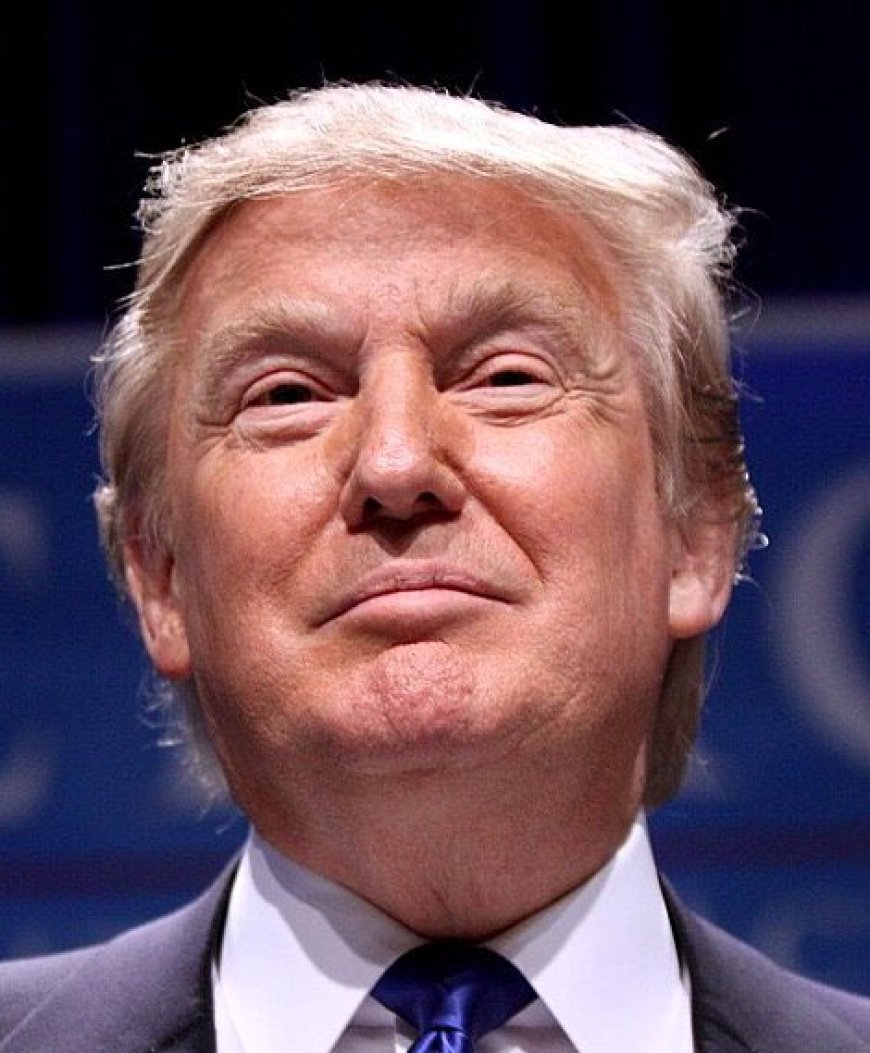Donald Trump’s 25% Tariff Bombshell: How India’s Top Export Sectors Are Bracing for Storm
President Trump’s surprise 25% tariffs on Indian exports, effective August 1, threaten key sectors like pharma, textiles, electronics, and seafood—chilling trade dynamics and prompting India to seek new markets ahead of critical bilateral talks.

On July 30, 2025, U.S. President Donald Trump announced a sweeping 25% tariff on all Indian exports—effective August 1—along with unspecified penalties tied to India’s defense and energy dealings with Russia
Business Standard
+15
Business Standard
+15
The Times of India
+15
Telegraph India
+8
The Economic Times
+8
The Economic Times
+8
. This bold move rattled exporters and analysts, igniting fears of rising costs, lost market share, and a drag on India’s GDP.
1. Key Sectors at Risk
Pharmaceuticals: With nearly 30% of India’s $9–10 billion pharma exports destined for the U.S., makers like Sun Pharma and Biocon could face up to 17% earnings declines
Reuters
Business Standard
+2
Reuters
+2
Telegraph India
+2
.
Textiles & Apparel: Firms with 40–70% exposure to U.S. buyers—including Welspun, Indo Count, Trident—now risk losing market share to competitors like Vietnam and Bangladesh
Reuters
+1
Reuters
+1
.
Gems & Jewellery: India’s $11–12 billion exports to the U.S. may be sharply hit by tariff spikes, compromising margins and undermining a vital export sector employing millions
+15
Reuters
+15
Business Standard
+15
.
Electronics & Autos: The newly imposed 25% duties threaten smartphone, hardware, and auto‑parts shipments—especially iPhones assembled in India—undercutting recent export gains
The Economic Times
+12
Business Standard
+12
Business Standard
+12
.
Seafood & Agriculture: With shrimp exports worth nearly $2.4 billion to the U.S., Indian seafood industry players face eroded competitiveness and possible order reductions
Business Standard
.
2. Economic & Market Fallout
Analysts warn the tariffs could shave 25–40 basis points off India’s GDP, and weigh heavily on equity markets as investor sentiment sours
Reuters
. Financial heavyweights like Goldman Sachs and Macquarie suggest currency risks and downward pressure on earnings forecasts for export-heavy firms
Business Today
.
3. Strategic & Diplomatic Headwinds
The tariffs escalate just ahead of the sixth round of U.S.–India trade talks in late August, heightening pressure on both sides to deliver a meaningful bilateral framework
Business Today
+2
Business Standard
+2
The Times of India
+2
. The penalties tied to India’s energy and defense ties with Russia added a diplomatic pinch, intensifying the trade standoff
+4
Business Today
+4
Reuters
+4
.
4. India’s Policy Response & Diversification Push
Indian authorities are considering targeted incentives to support vulnerable MSMEs and exporters, and exploring alternative export markets beyond the U.S.
Moneycontrol
. Industry leaders advocate accelerating trade talks with the EU, ASEAN, Gulf countries, and boosting “Make in India” manufacturing to offset losses
finsindia.org
.
5. Potential Winners & Structural Shifts
Textile exporters may gain a relative advantage, as American buyers pivot away from countries facing steeper tariffs like Vietnam or China
The Economic Times
Business Standard
outlookbusiness.com
.
Digital and services sectors—which fall outside the tariff net—are poised to grow. However, hardware-linked trades like smartphones remain exposed.
Conclusion
President Trump’s surprise 25% tariff on Indian exports is a significant shock to India’s export-driven sectors. Pharmaceuticals, textiles, seafood, electronics, and jewellery are among the hardest hit. With negotiations resuming in August, India must act fast—supporting affected exporters, accelerating diversification, and shaping a robust bilateral trade deal. The stakes: billions in revenue, millions of jobs, and India’s global trade credibility.


































